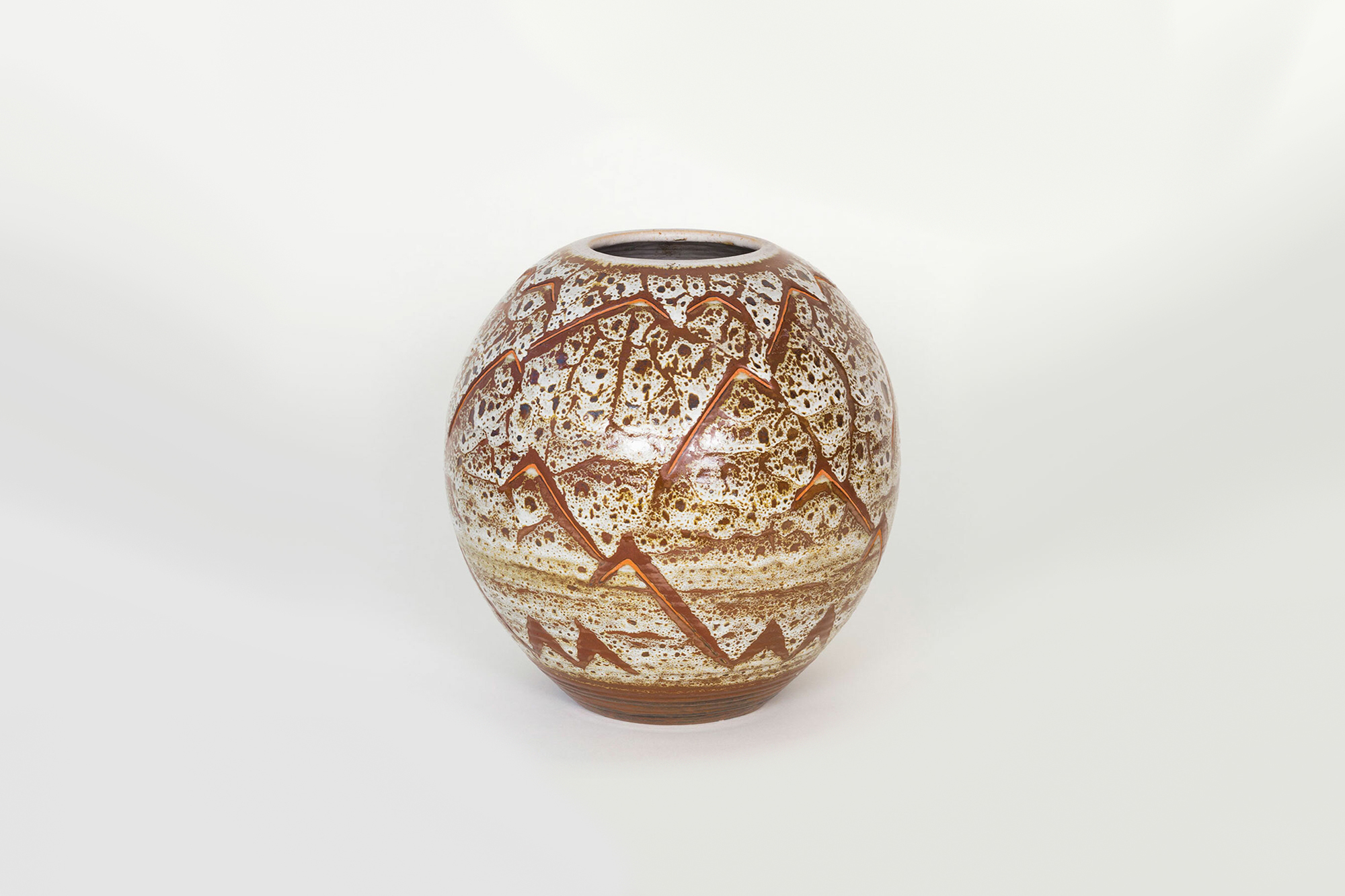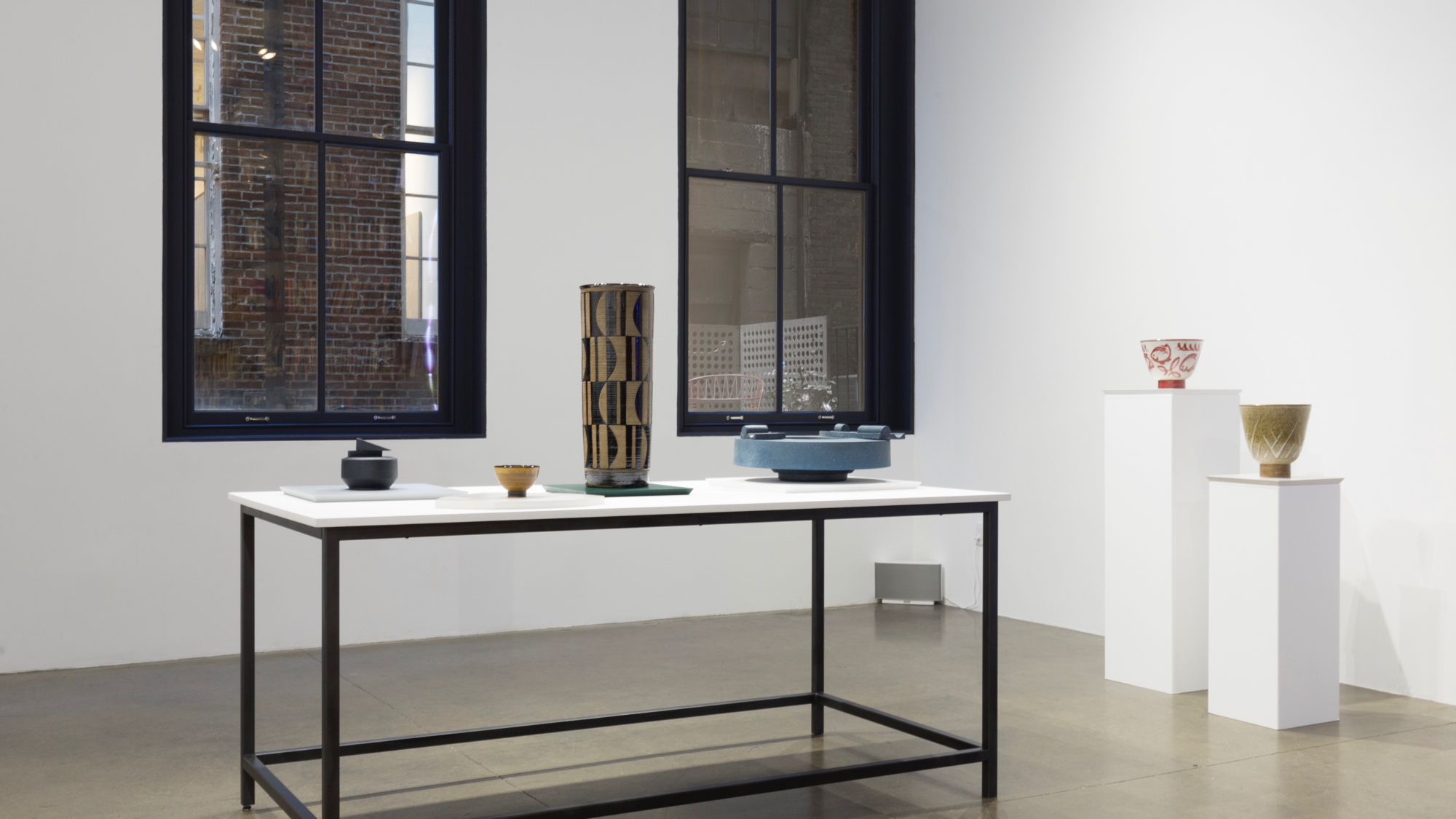Maija Grotell
MAIJA GROTELL (1889-1973), often described as the “Mother of American Ceramics”, was one of the most significant potters working independently during the late 1930s. Although a relatively large number of women played important roles in the art pottery movement in the early twentieth century, few female ceramists were active between the first and second World Wars. Grotell was one of the exceptions. She began her career studying ceramics in her native Finland before immigrating to the United States in 1927 to work with Charles Binns at Alfred University. Then, like so many other potters, Grotell began teaching to sustain her career in ceramics. She first was part of the crafts program at the Henry Street Settlement House in New York and then she found a position at Rutgers University.
Grotell’s move to the Cranbrook Academy of Art, outside of Detroit, Michigan, marked the turning point in her career. Although she was initially turned down for a position because of her gender, Grotell was hired in 1936 as a pottery instructor (the post held previously, if only briefly, by Waylande Gregory) and then became the head of the ceramics department from 1938 to 1966.
Grotell's work has been purchased for twenty-one museum collections, including the American Craft Museum and the Metropolitan Museum of Art in New York, the Detroit Institute of Arts, the Art Institute of Chicago, the Everson in Syracuse, the Cleveland Museum of Art, and the Cranbrook Academy of Art Museum.
(Photo Credit: Cranbrook Academy Archives. Sources: The Met; The Marks Project)
Work
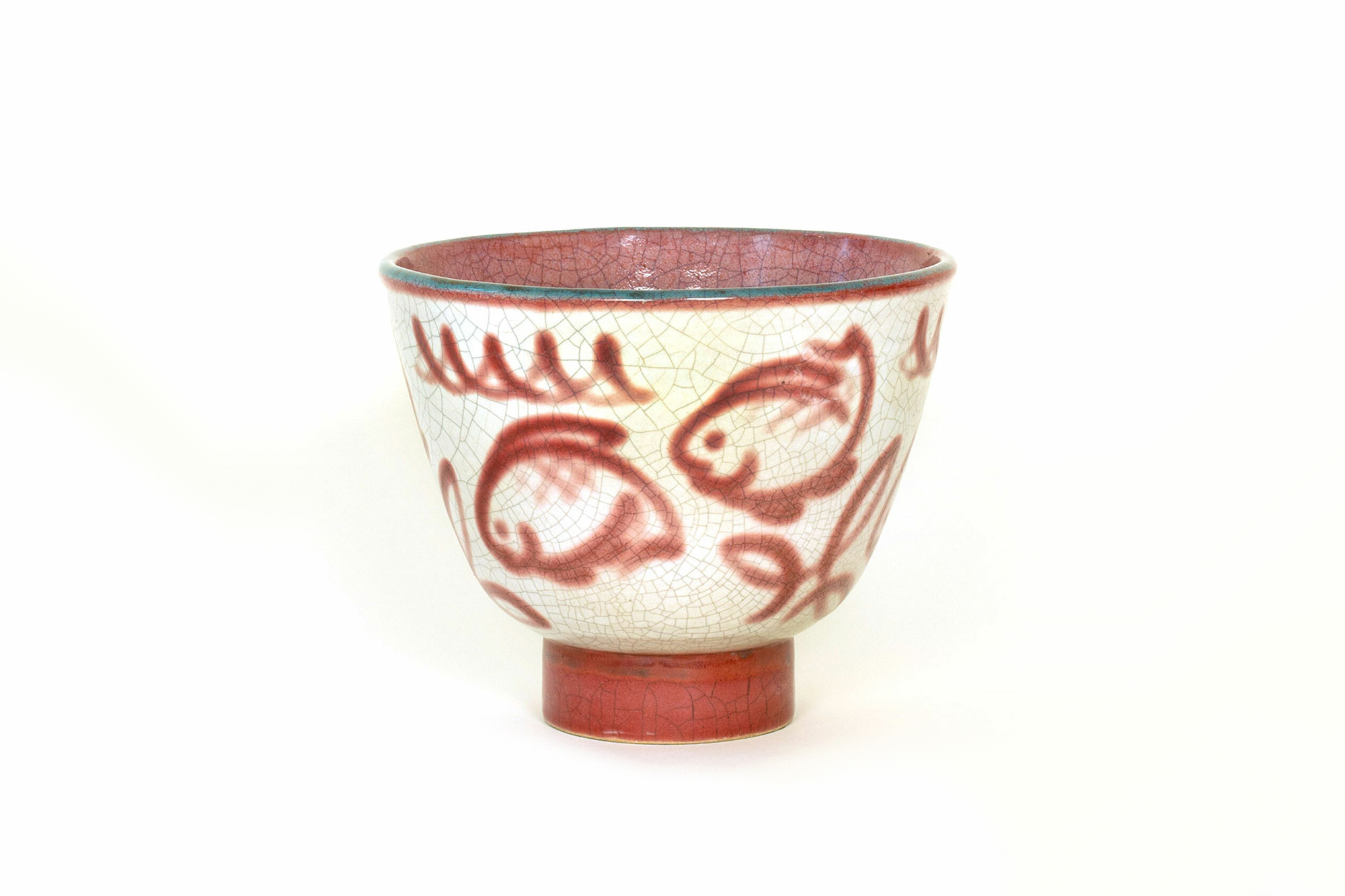
Maija Grotell | “Footed Bowl”
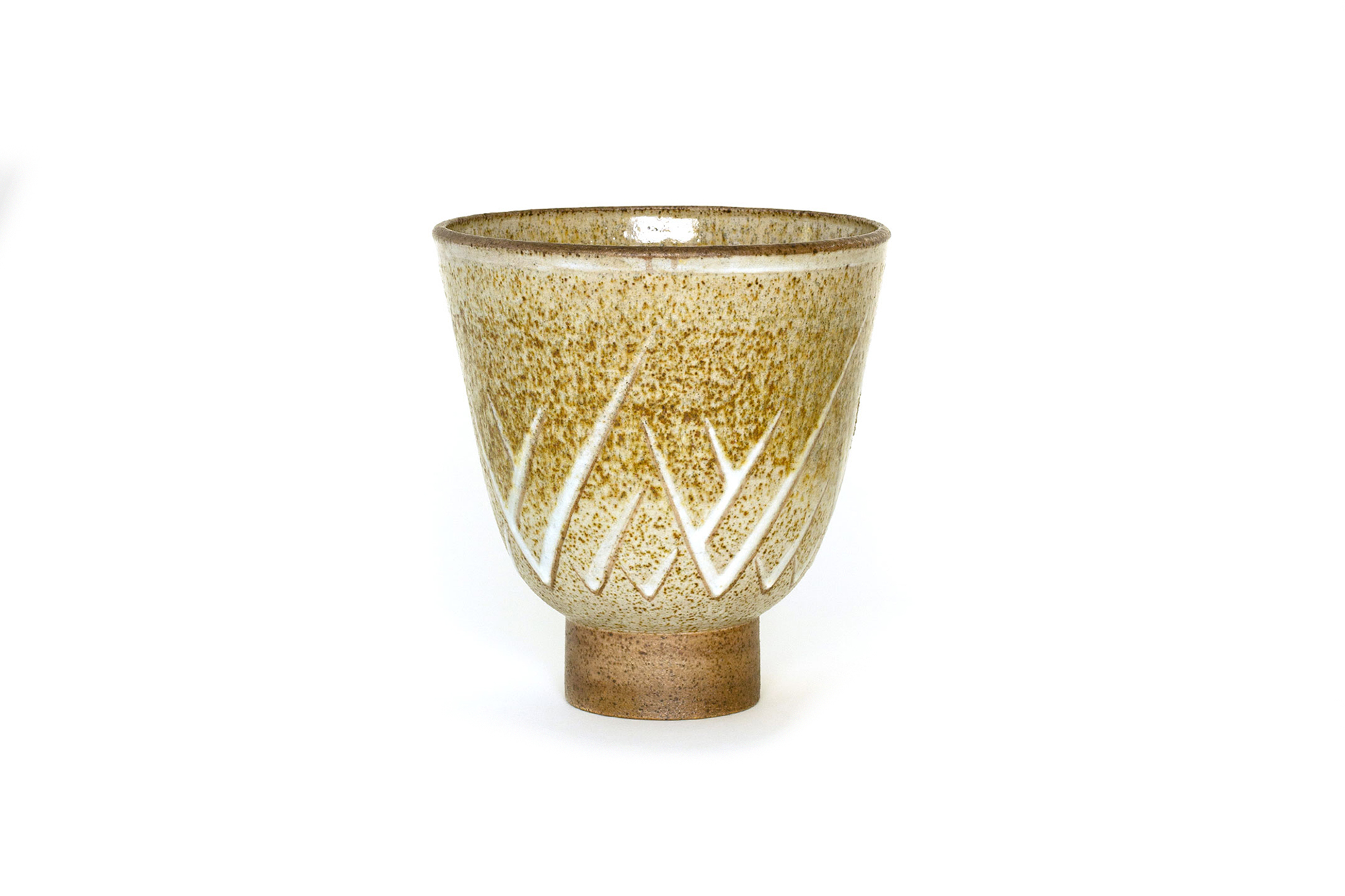
Maija Grotell | “Pot”
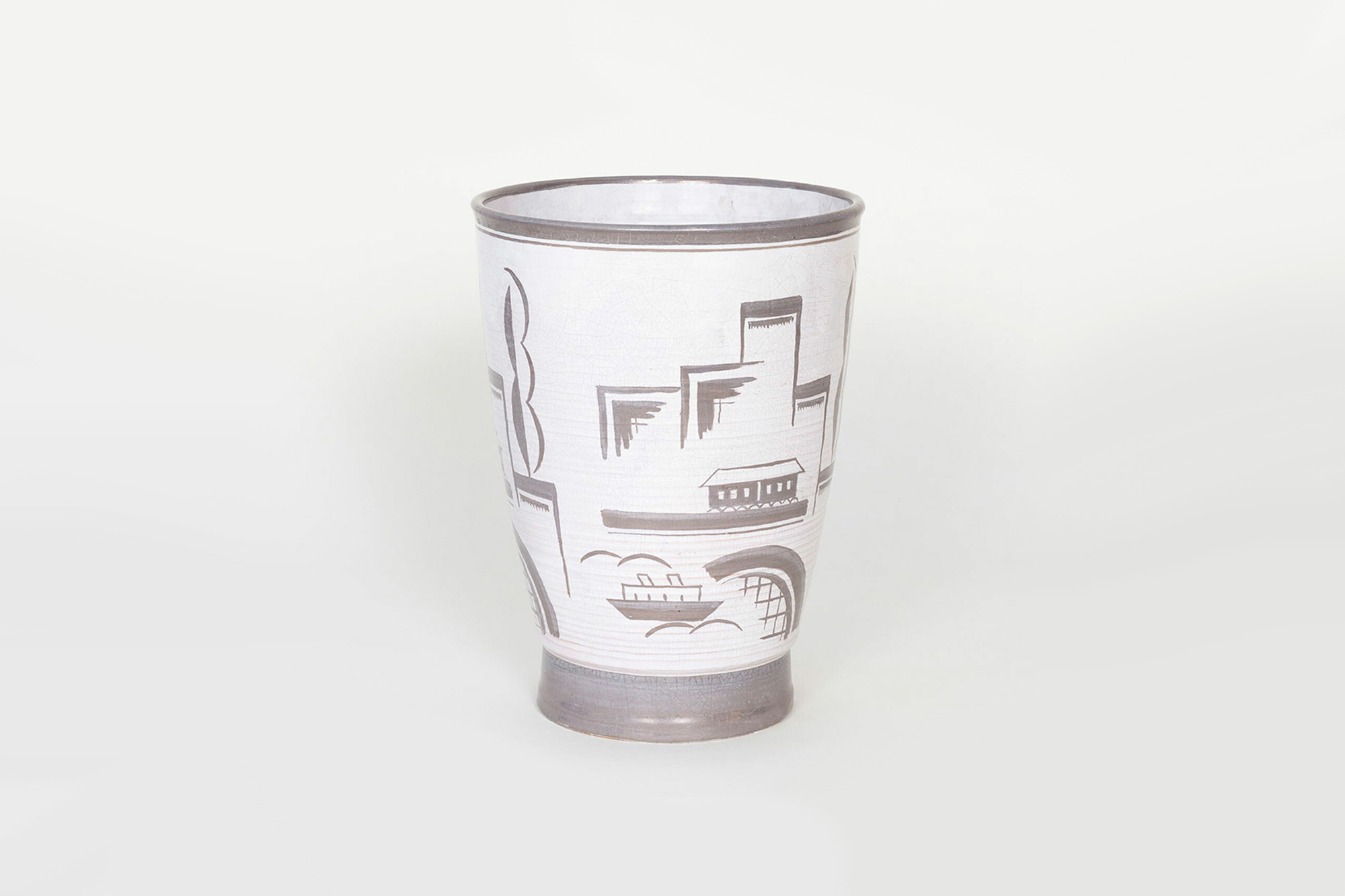
Maija Grotell | “The City (Vase)”
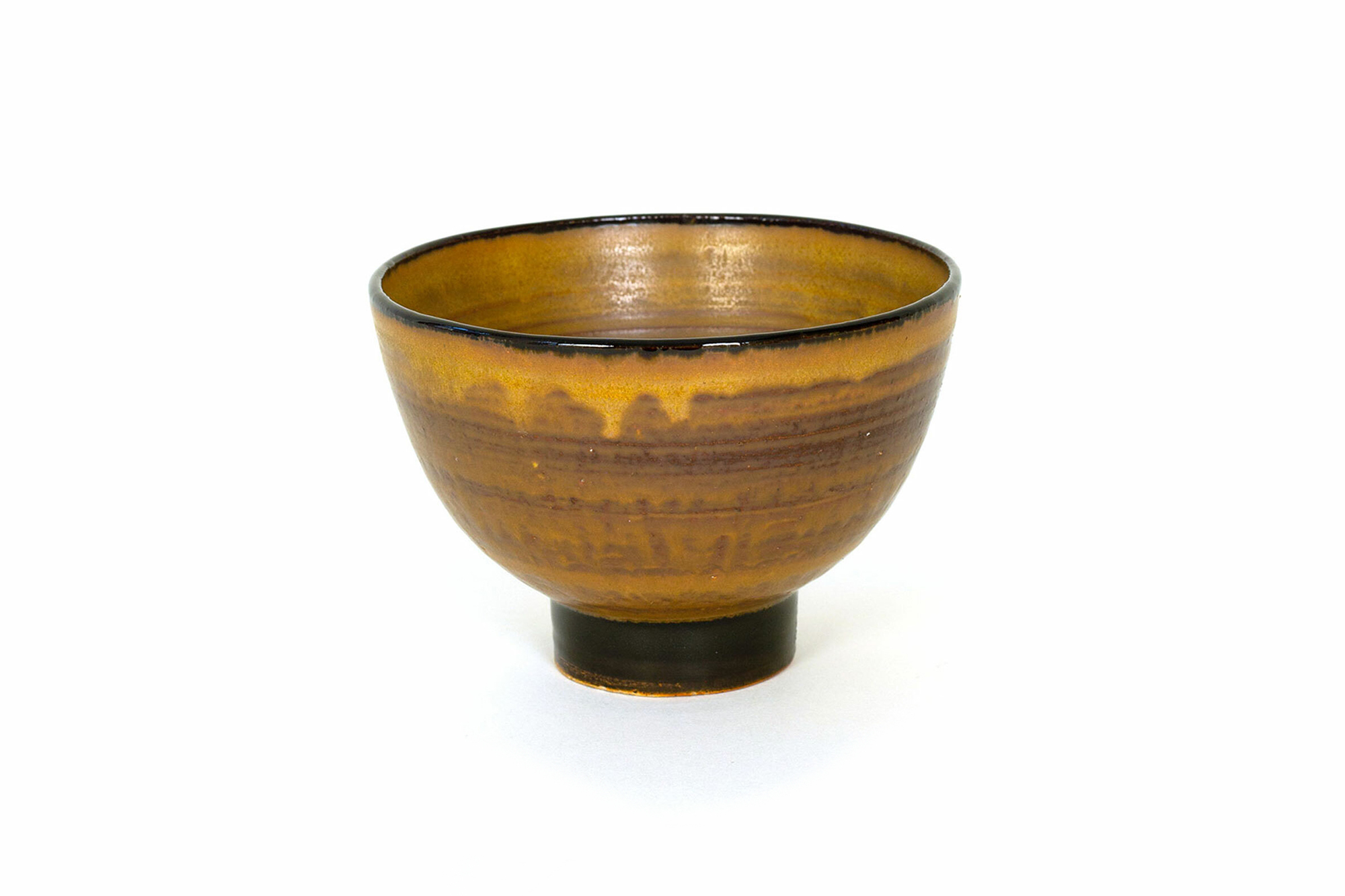
Maija Grotell | “Bowl”
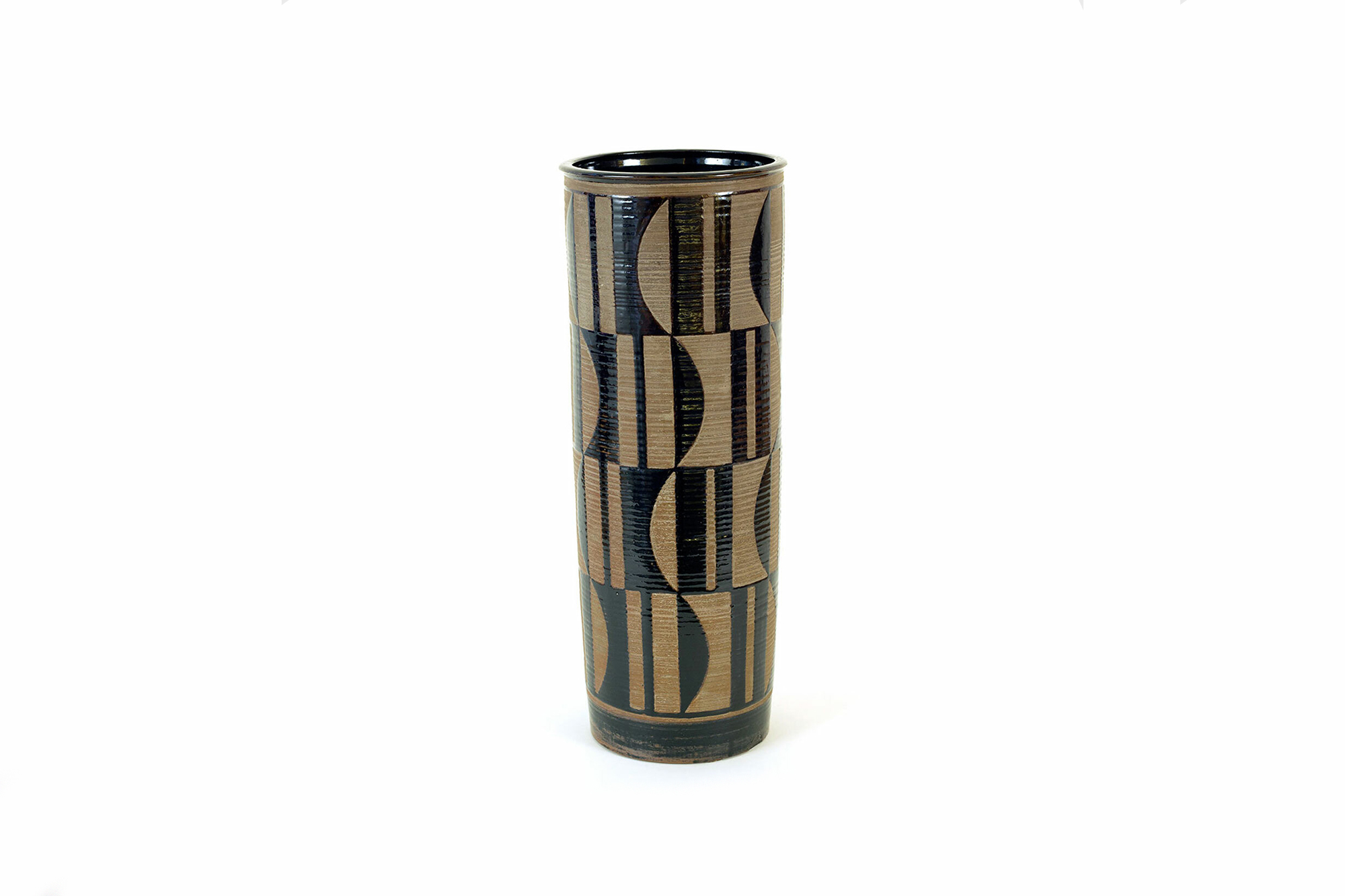
Maija Grotell | “Vase”
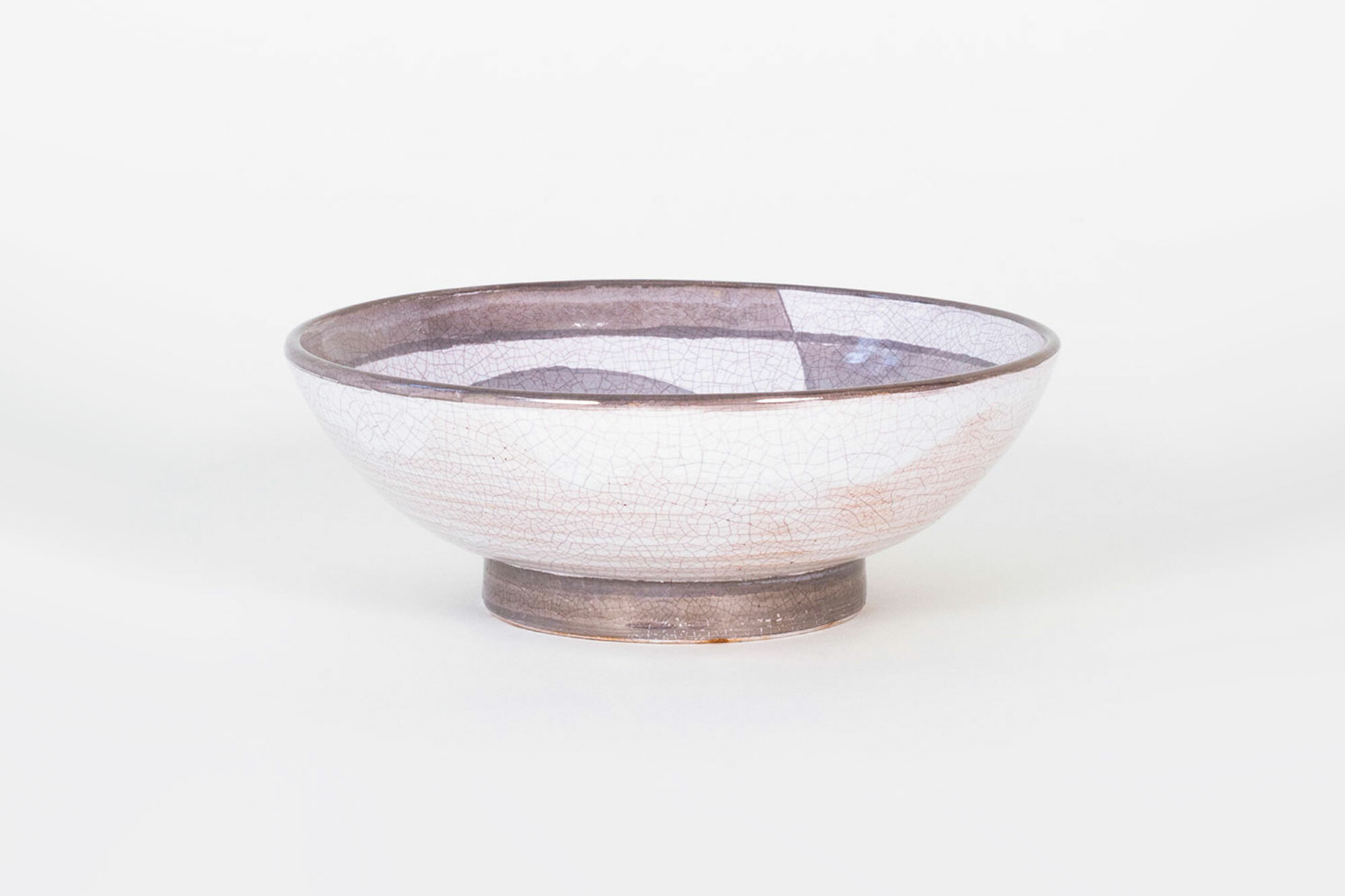
Maija Grotell | “Footed Pottery Bowl”
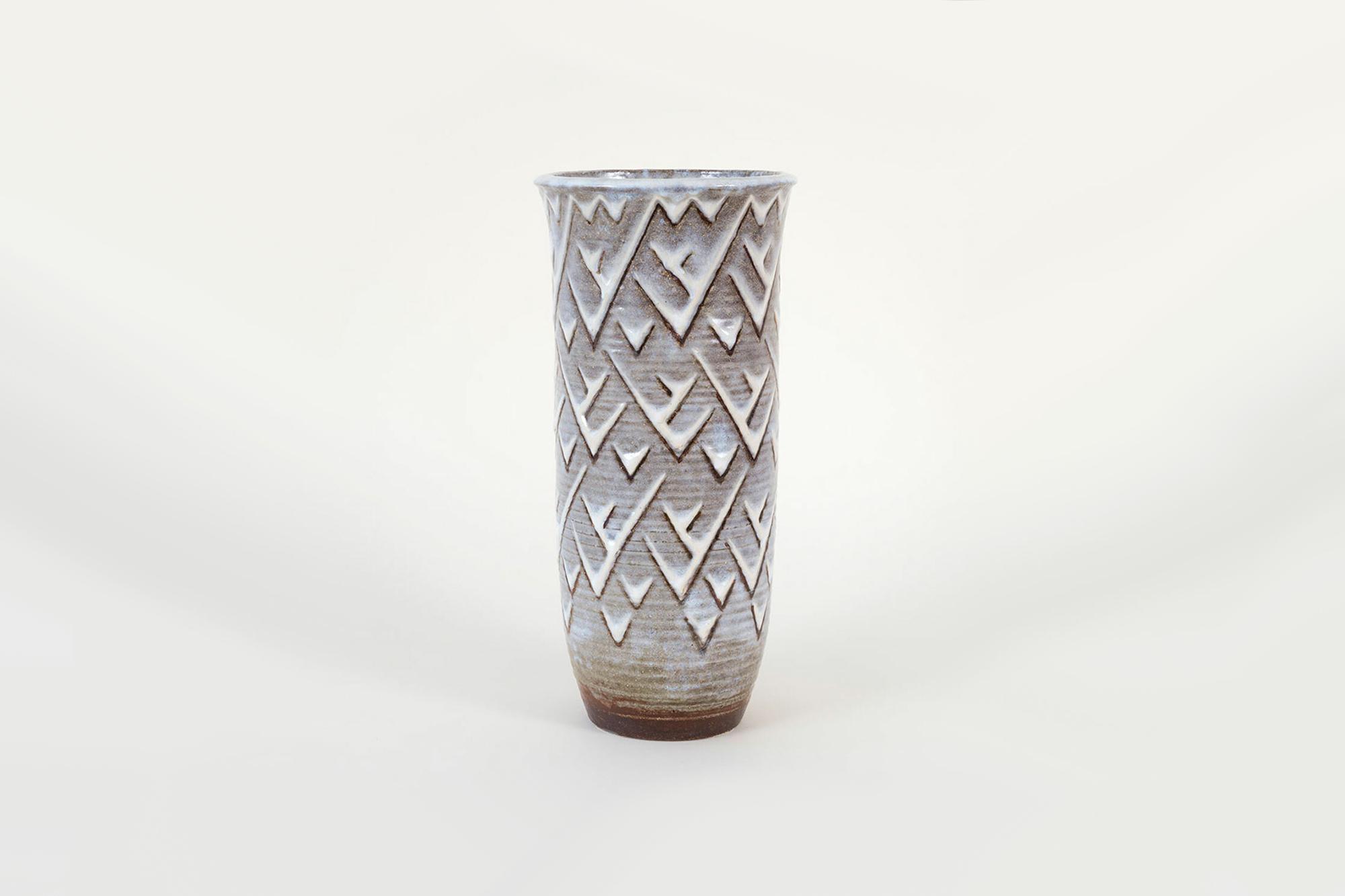
Maija Grotell | “Vase”
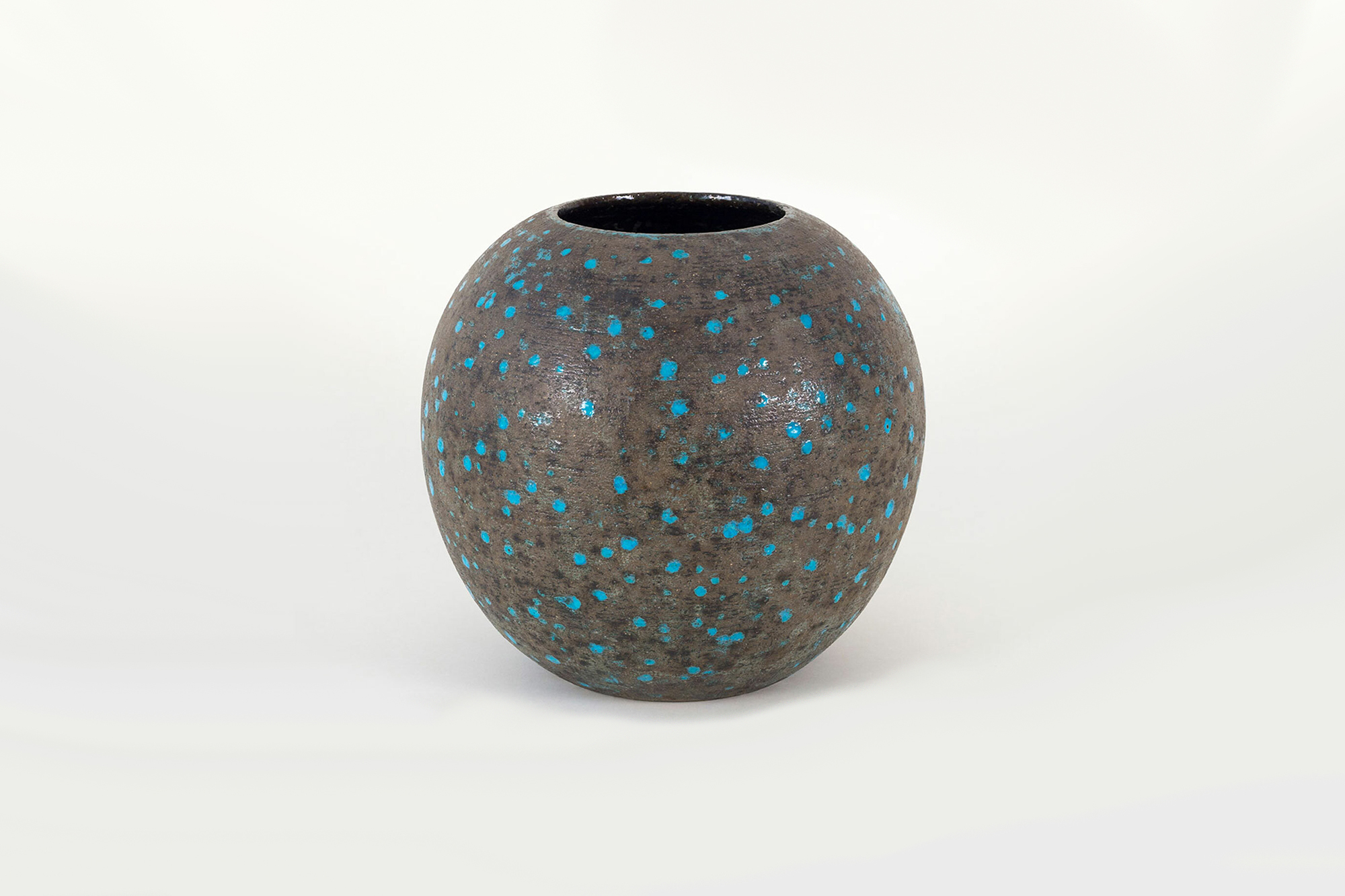
Maija Grotell | “Vase”
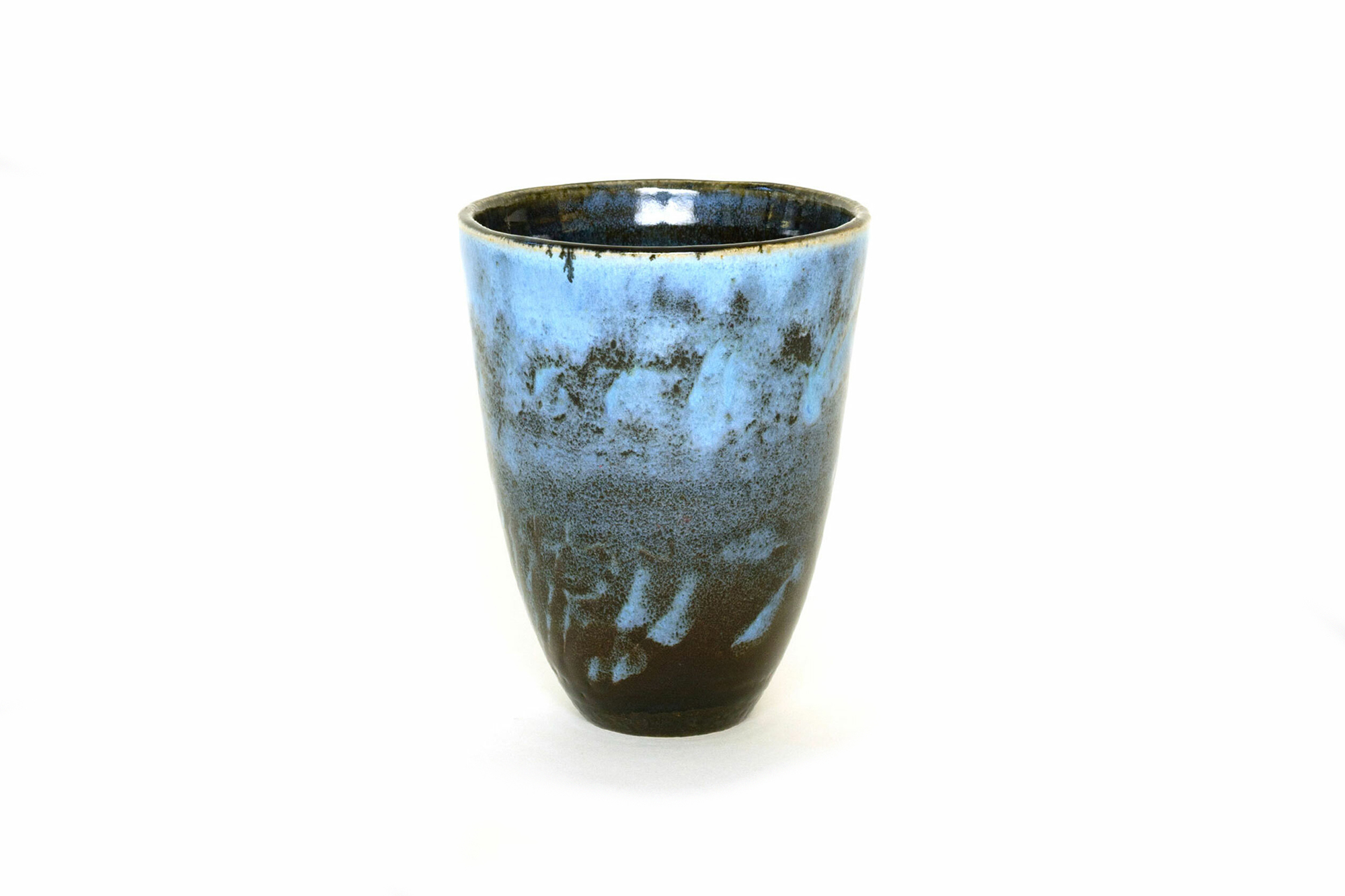
Maija Grotell | “Vase”

Maija Grotell | “Bowl”
